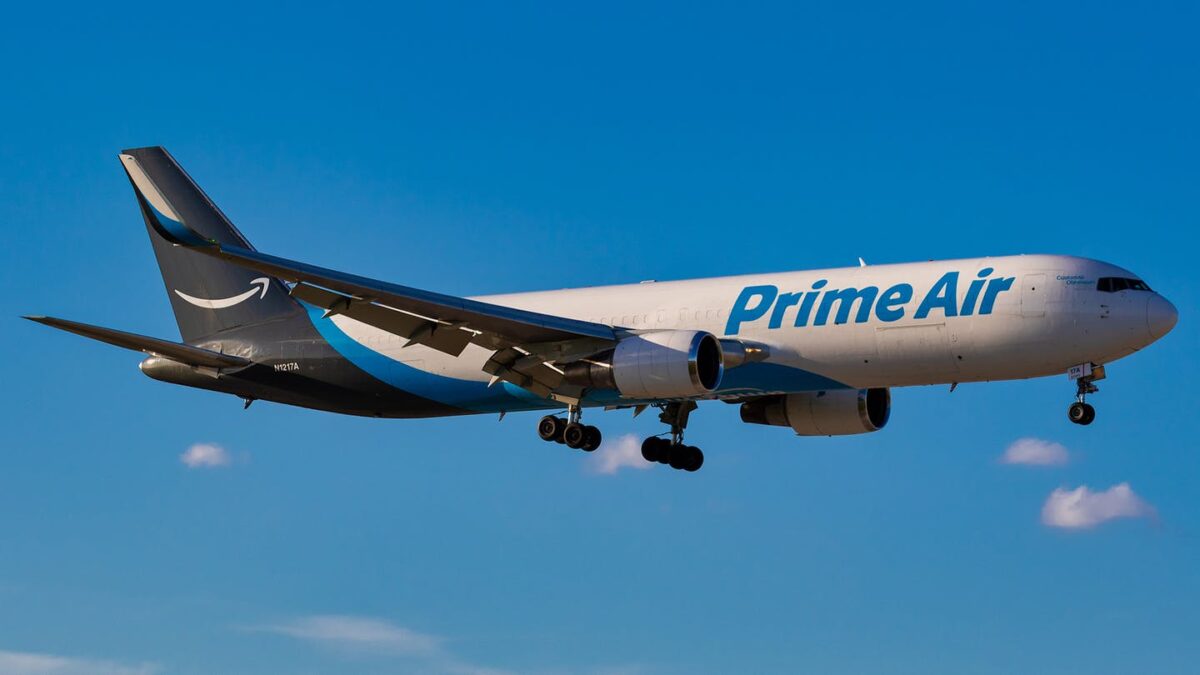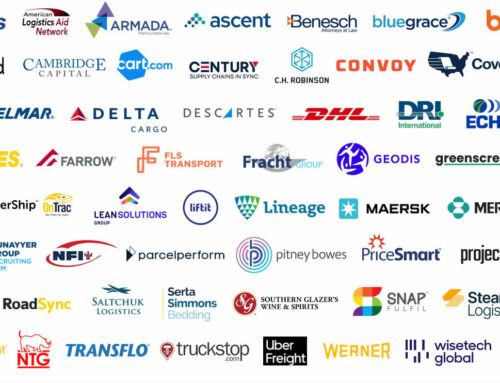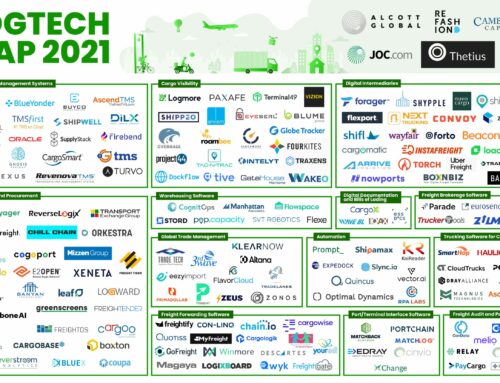Amazon has disrupted logistics. As a result, the supply chain sector looks radically different today.
This video interview explains why.
Robotics is a case in point for this disruption. In 2012, Amazon bought a warehouse robotics company, Kiva, for $775 million, marking the 2nd-most-expensive acquisition in its history to date. This month, Shopify acquired 6 River Systems for $450 million to challenge Amazon on this same turf.
Ecommerce fulfillment is a second illustration of the increasingly recognized value of supply chain innovation. On the one hand, disruptors like ShipBob are using technology to provide lower-cost e-commerce fulfillment solutions. On the other hand, consolidators like Radial Commerce are deploying capital to acquire competitors and pursue global scale.
If you have any lingering doubt about the convergence of technology and logistics, ask FedEx CEO Fred Smith. FedEx stock plunged 13% after its Q3 results call last week, which included an explanation of a decline believed to be fueled by ending an Amazon contract, where he included his former customer as a competitor, telling shareholders, “we basically compete in an ecosphere that’s got five entities in it. There’s UPS, there’s DHL, there’s the U.S. Postal Service, and now increasingly, there’s Amazon.”
In sum, we are entering a phase where logistics is more important than ever. Disruption is rippling through this market. You need to know about supply chains if you work in business, if you use technology, if you care about the economy, if you invest, or if you simply want to understand your world. Logistics has become intertwined with everything we do.










